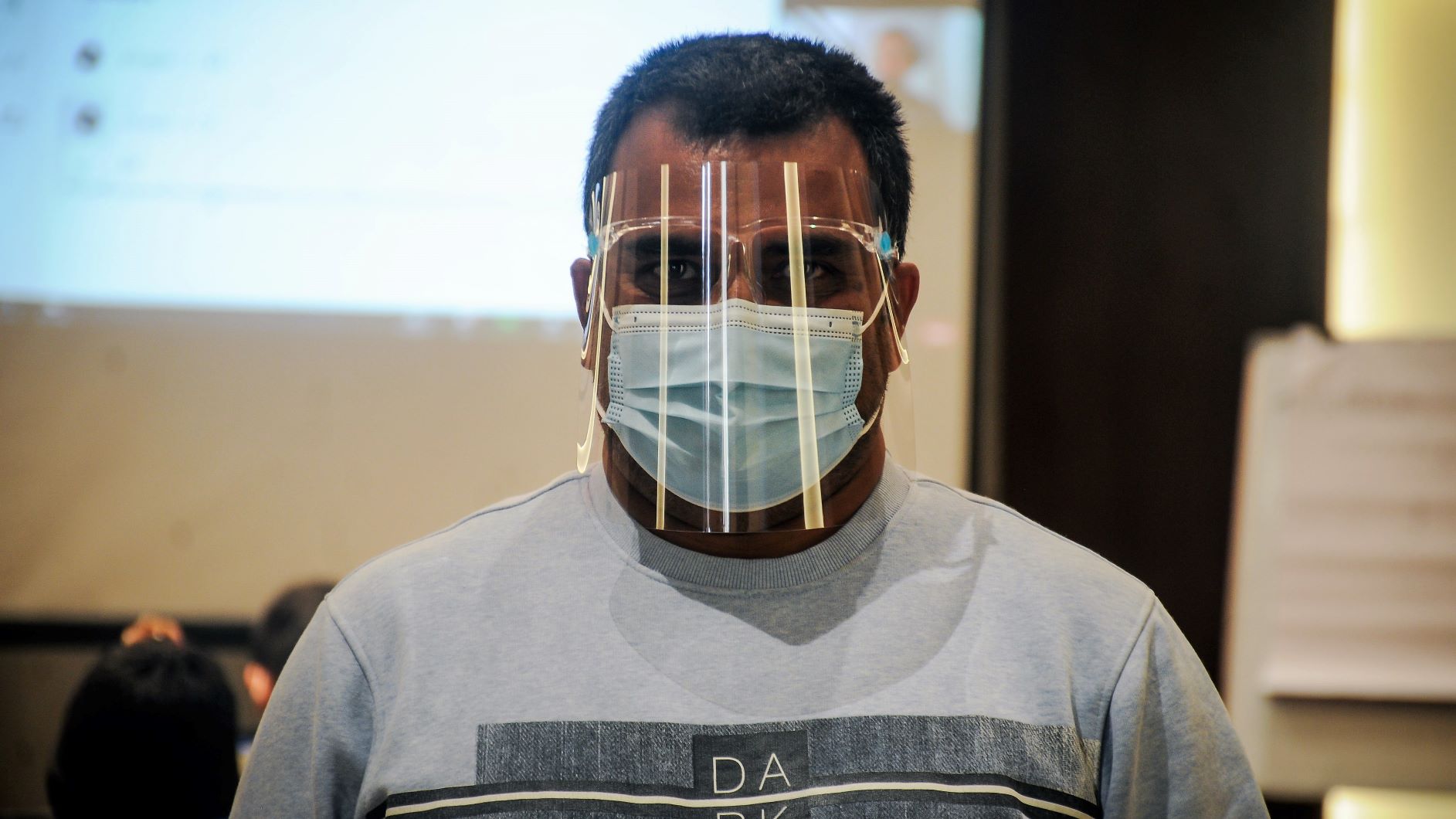Just before Tihar – the festival of lights – it looked like the long-standing political deadlock of Nepal is finally being dismantled as the top leaders of three main political parties agreed to go for a meeting at a resort. The meeting was dubbed the ‘secret meeting’ for it was not accessible to media and assistants to the leaders. Not many knew the venue before it began.
Nepali politics is standstill – for no new Prime Minister has been elected (despite 16 rounds of election in the parliament) to replace the caretaker government that is facing crisis in lack of annual budget. And, there is the whole issues relating to peace process and constitution writing stalled (or progressing very slow) due to lack of understanding (read power-sharing agreement) between top parties.
In such scenario, the secret meeting – attended by 15 top leaders where the leaders agreed to spend uninterrupted days was surely a positive move and the nation hoped a good news as a Tihar gift. But there was none and at least for now the meeting was a failure. The joint statement that the parties managed to come up with after the end of two-day meeting was nothing new – just reiteration of what they were saying in new words undersigned jointly.
They said they seriously reviewed/discussed the implementation of agreements (as if they were doing in as a joke earlier or they were not doing this). They also said they realized the need to work on consensus (good but we all thought they realized this much earlier). They then reiterated commitment for peace, democracy et all (were they not committed earlier?). The only new thing that I saw in the statement is ‘November 10’ meeting – which I didn’t know earlier and they haven’t said earlier.
And, the media were kept out of the meeting. I do support the idea that most of the times it’s worthless to give access to media during the meeting for a photo or a video or a quote. And, it becomes even worse when there are so many television stations which need news every hour. There was no access and it was expected that TVs will be make a little cry over it.
But then I do also believe that mass media are a bridge between politicians and citizens and they have every right to seek information; and its duty of the politicians especially at the time when they hold a meeting of national interest to inform the media (thus the citizens) something about the meeting. They did a good thing organizing a press conference after the end of the meeting but I still believe they should also have issued at least a preliminary release at the end of Day 1 (even if there were nothing substantial information, even quotes like we were talking would have worked).
Media wants information desperately – but it doesn’t mean that they want for their profit alone. Media functions in such a way that it becomes a medium of democratic practice and tool to fulfill citizens’ right to information.
Let’s hope that the leaders meeting on November 10 will be fruitful – and media are duly informed about the outcome (or progress).

